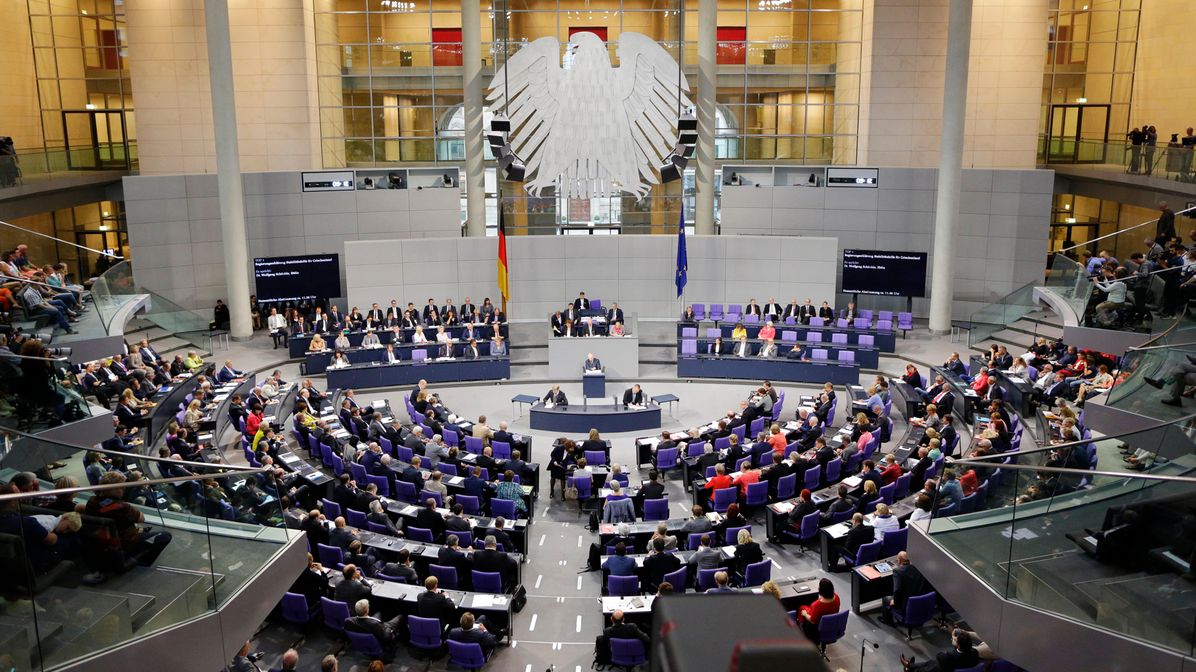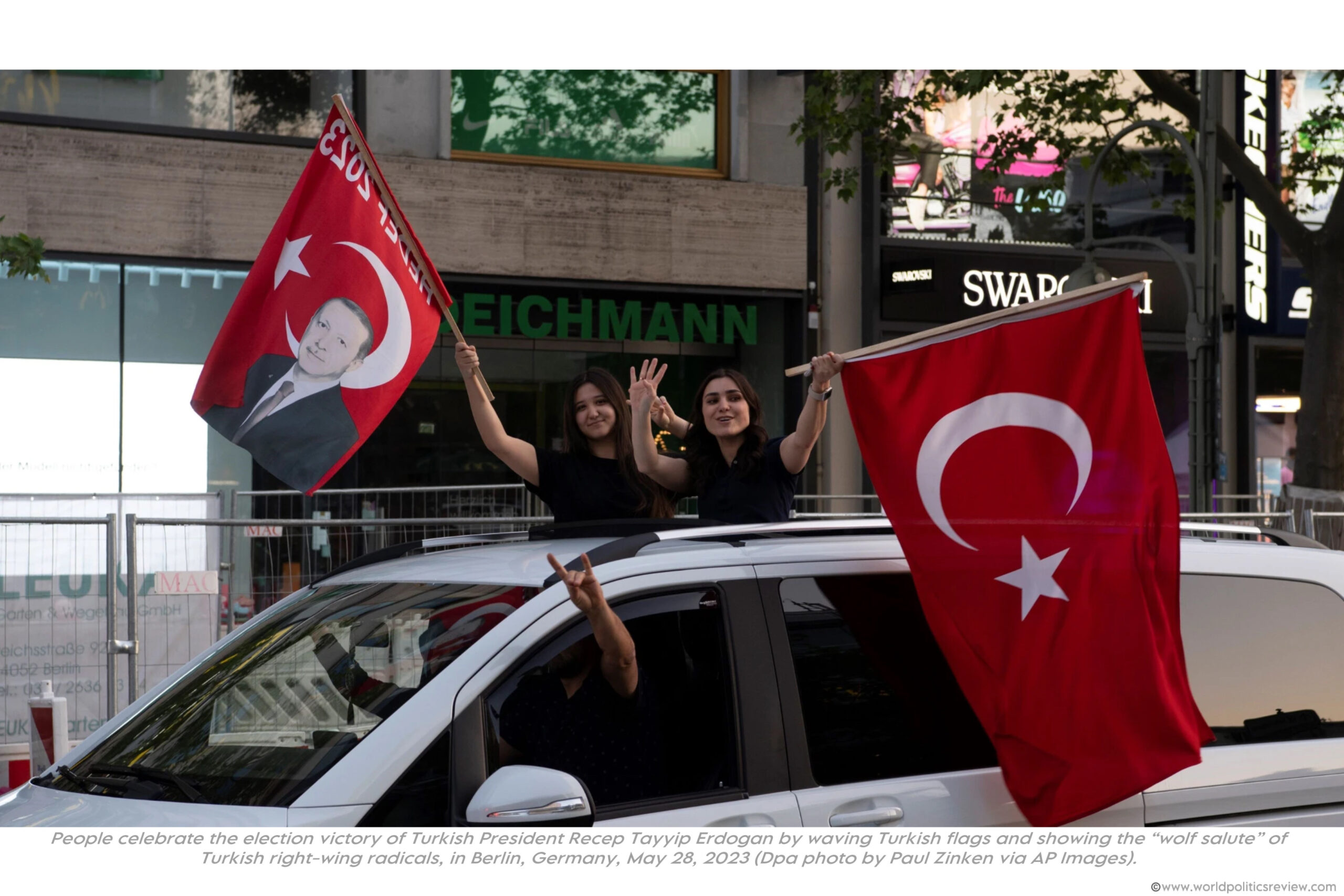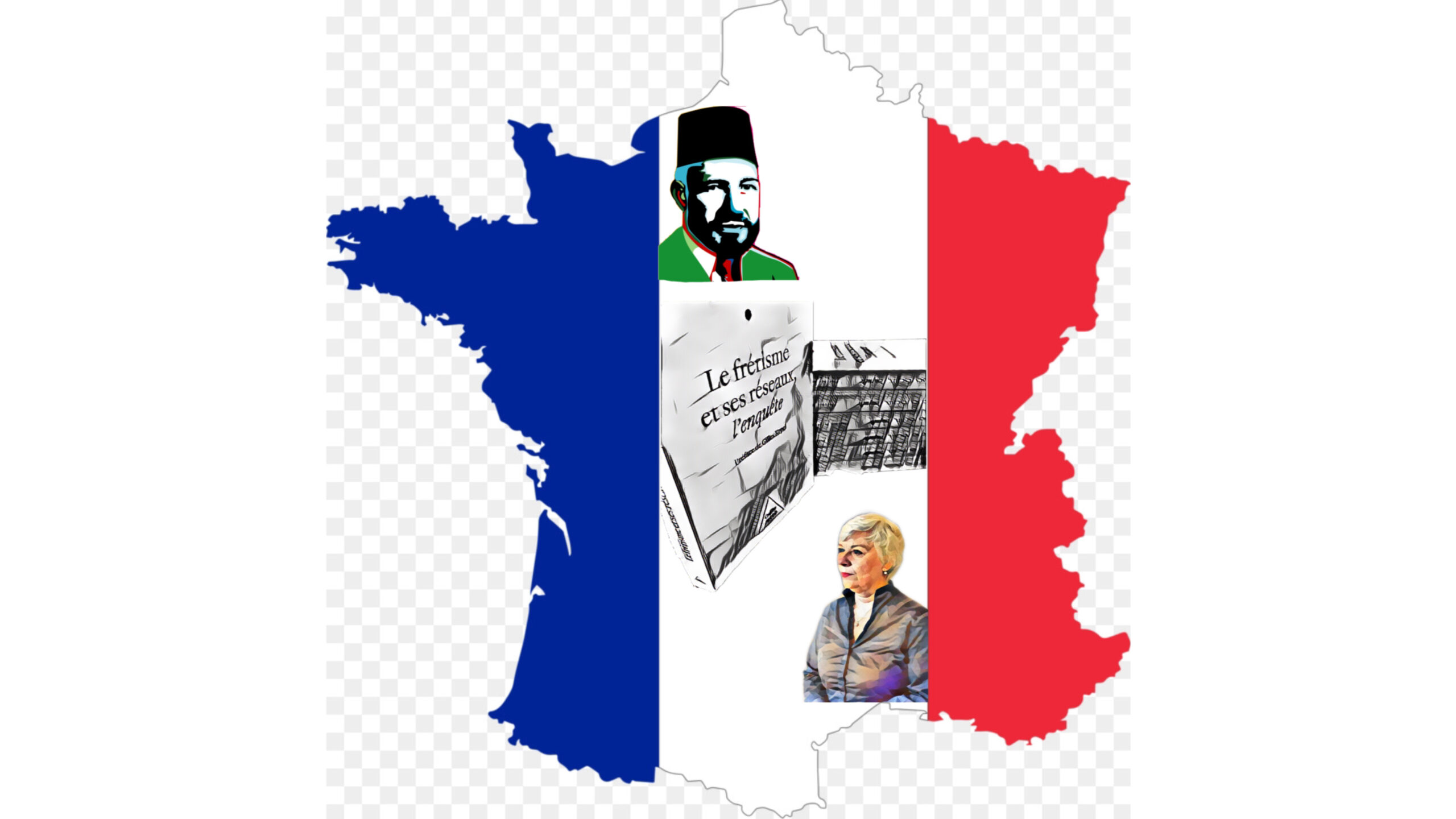The German government has decided it is time to change its approach of the threat of Islamism. In late April, the congressional faction of the conservative leading party, the Christian Democratic Union’s (CDU’s) unanimously adopted a position paper entitled “Preserving a free society, promoting social cohesion, and combating political Islamism”. Their main goal is to tighten state control of Islamist organisations and mosques.
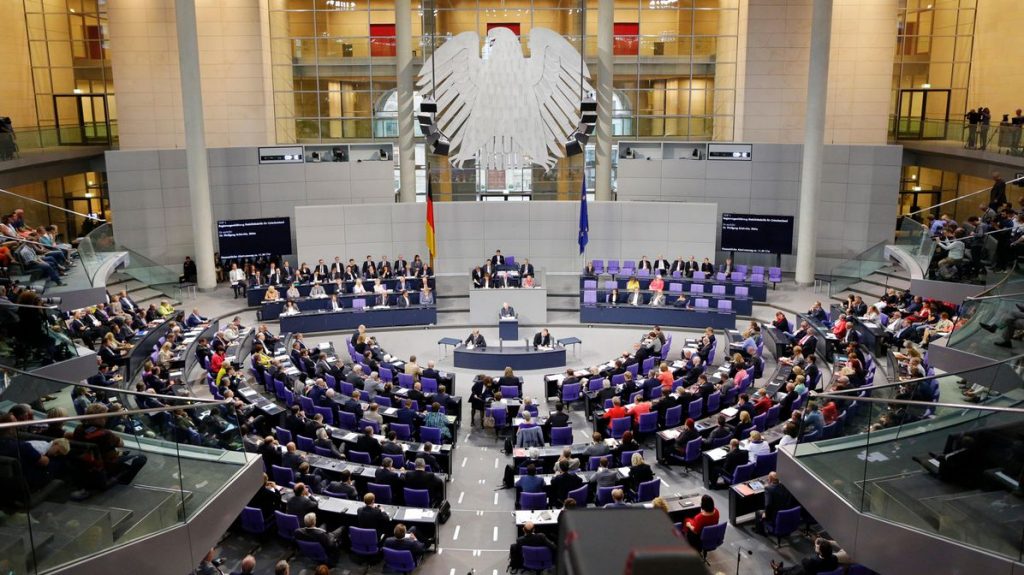
The CDU’s demands range from the establishment of university chairs on Islamism throughout Germany, a broad-based school study of Islamist influence in schools, the disclosure of foreign financial flows for mosques and associations and, notably, the establishment of a documentation centre for political Islam in Germany and Europe. The latter comes in the wake of the Austrian government launching its observatory for political Islam at the tail end of 2020. Further, the paper recommends the establishment of a corresponding expert group at the Federal Ministry of the Interior (BMI) and that the state should “cease all financial contributions, funding, contractual relationships and cooperation with Islamic associations and organizations that are the subject of observation by the offices for the protection of the constitution as well as requiring fiscal proof for associations that receive significant funds from sources outside the EU” (Source).
The paper itself begins with the following statement, intended to distinguish between Muslim citizens and the threat of political Islamism: “The vast majority of the estimated five million Muslims in Germany live peacefully in our society and share the values of the free democratic basic order. If we want to successfully oppose political Islam and remove its breeding ground, we can only do this together – also by clearly positioning ourselves as democrats, regardless of faith”. (Source) Indeed, the seven-page paper refers throughout to “political Islamism” and avoids the more common term “political Islam”, presumably in an attempt to remove the more direct association of Islam as a religion with the threat of Islamism – as well as bypassing an already charged debate on the actual definition of “political Islam”
Christoph de Vries, a CDU member of parliament and the driving force behind the paper praised the government’s policy of addressing this issue for the first time. He stated that “political Islamism is poison for our liberal society. Fundamental core values such as equality, protection of minorities, freedom of opinion and the separation of religion and state are non-negotiable. There can be no religious discount on these” (Source). De Vries emphasised the government’s concern of foreign influence within the Muslim associations active in Germany and representing the countries roughly five million Muslims, or 6% of Germany’s population: “We respect freedom of belief without compromise, but we do not want to allow foreign governments or forces of political Islamism to work toward a ruling order in Germany under the guise of religious freedom that seeks to subject society, politics, culture and law to Islamic norms” (Source).
Beyond concerns of foreign influence, the position assuming that Islamist inspired violence can be averted by aiming to track anti-democratic sentiment among Muslim communities is part and parcel of the decision to step up educational and monitoring activities. As one of the authors of the position paper, Integration Commissioner of the CDU/CSU Parliamentary Group, Nina Warken, refers to the government’s expansion of focus from hard-lined terrorism to its preceding, radicalising stage: “Religious extremism does not arise out of nowhere. On the contrary, it thrives in isolated parallel worlds that have nothing in common with our values. We urgently need to shed light on this and not wait until violence erupts before waking up” (Source).
These concerns around the threat of a more insidious form of Islamism cloaked in civility, is described by Domradio journalist Christoph Schmidt as follows: “Representatives of political Islamism who are active in politics and society are often perceived as legitimate representatives of religion and not as adherents of an extremist ideology. Their goal, however, remains the subjugation of Western society to the norms of fundamentalist Islam and the prevention of integration in parallel societies with high pressure to conform” (Source). The notion of legalist Islamism, though not mentioned explicitly, seems to linger between the lines of the position paper’s argument. The term was introduced by Lorenzo Vidino, political scientist and advisor to Austria’s Observatory on Political Islam, to describe the legal route available to Islamists to undermine democratic, secular values and influence susceptible members of Muslim communities without immediately resorting to violence.
Critics of the CDU position paper, such as IslamIQ journalist and activist Fabian Goldmann, lament the over-securitisation that equates Muslim religious practice and advocacy with Islamist terror. He claims: “The reader does not learn what concrete links there are between the organisations mentioned, such as the Turkish-Islamic Union for Religious Affairs (DITIB), the Islamic Centre in Hamburg (IZH) or the Central Council of Muslims (ZMD) on the one hand and the attacks in Nice, Vienna or Dresden on the other. With good reason, because there are none” (Source). Moreover, Goldmann cites a recent study, entitled “Muslim Life in Germany 2020”, stating that a large proportion of German Muslims stand with some of the organisations targeted by the CDU’s paper. For example, with regard to the DITIB, “52% of Sunni Muslims of Turkish origin said they felt represented by DITIB” (Source).
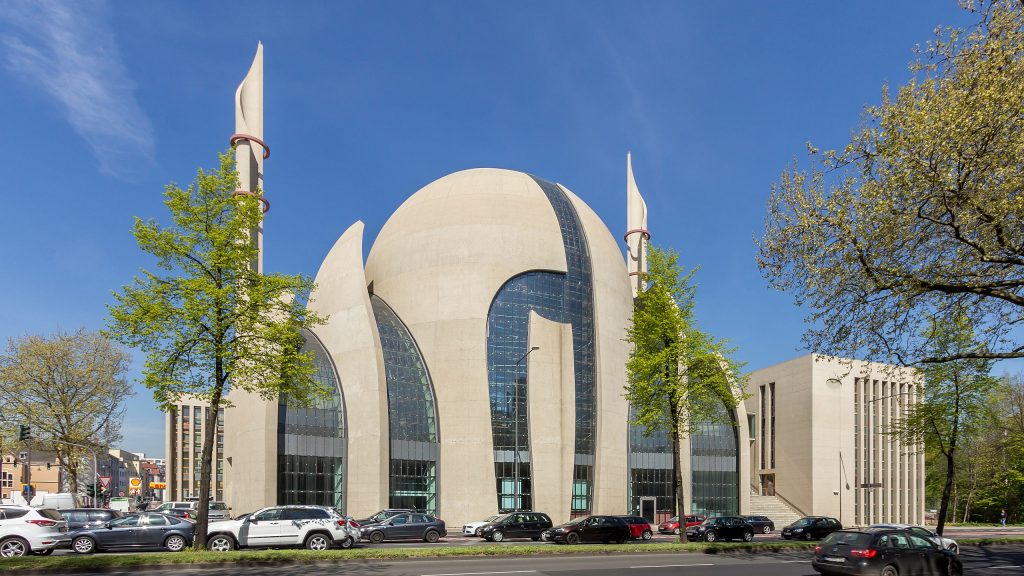
The current positioning of the German government comes in the wake of the political address released in Die Welt on October 31 of 2020. At the time, a group of lawyers, social scientists and politicians published five proposals aimed at strengthening the free democratic basic order in the face of political Islam and the Islamist attacks in Nice, Paris and Dresden of that same year. The five concrete proposals to German policymakers inspired by the Austrian initiative of the Observatory of Political Islam were the following:
1. Promotion of academic research on political Islam, including a study of teachers’ in schools who are dealing with Islamist influences.
2. Establishment of a “Political Islam” documentation centre based on the Austrian model, in which the structures, strategies and financing of political Islam are analysed and disclosed.
3. Establishment of ten university chairs for research into the structures of political Islam in Germany.
4. Termination of cooperation and contractual relationships between state and political institutions and representatives and organisations of political Islam.
5. Establishment of an expert group on “Political Islam” in the Federal Ministry of the Interior, which will draw up recommendations to fight against political Islam based on the studies mentioned above. (Source)
Meanwhile, the Austrian observatory has returned to the headlines with the release of the online “Islam Map” (Islamlandkarte), which includes the names of 623 Muslim organisations, associations and mosques, their addresses and information about connections they foster abroad.
The publication of this map has triggered a wave of indignation among Muslim leaders. Austria’s Islamic Religious Community (IGGÖ) condemned the project as fueling racism and laying bare the government’s intention to “stigmatize all Muslims living in Austria as a potential danger”. (Source) Susanne Raab, Austria’s minister for integration, responded to the critiques by stating that the map serves the need for transparency and facilitates the monitoring of “dangerous developments of political Islam that happen out of the spotlight” (Source). The Green Party spokeswoman for integration, Faika El-Nagashi, also voiced her concerns that the project “blends Muslims and Islamists” and is the “opposite of what integration policy should look like” (Source).
The vocal Muslim critic and political scientist Farid Hafez stated in response to the CDU position paper, and referencing the developments in neighbouring Austria that “the problem with the vague term “political Islam” in countries such as Austria is that the government uses it to criminalise Muslim practices and to silence Muslims who express political opinions critical of the government”. (Source) Meanwhile, another political scientist, Rami Ali has criticised the map as using outdated information and that “the listed mosques and associations were not asked before publication whether they wanted to provide up-to-date data” (Source) effectively denouncing the Austrian government’s strategy as unilateral and as such doomed to fail.

